
Publication
Keeping women safe? Gender, online harassment and Indian law
Findings of the Internet Democracy Project research study, ‘”Don’t Let It Stand!”: An Exploratory Study of Women and Verbal Online Abuse in India’, indicate that women in India develop a variety of strategies to deal with the verbal threats they face. However, these strategies very rarely include the law,resulting in a silence around questions of legal effectiveness and recourse for online verbal…

In depth
From fear to courage: Talking about technology, violence and justice in Mexico
An interview by Florencia Goldsman with research report author Gabriela Polanco and APC’s project coordinator in Mexico Erika Smith explores many of the nuances that emerged from the research. From assessing to what extent technology is an enabler of violence to musing on the various meanings of ‘justice’ for survivors, this conversation takes us behind the scenes of the Mexican edition of the…
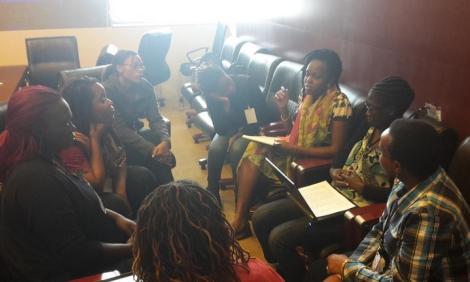
Feminist talk
Barriers to women’s participation on the internet evolve with increased ‘access’
In the opening session at this year’s Gender and Internet Governance eXchange (gigXAfrica), participants highlighted some key questions they had that they hoped would be answered during the exchange. One participant innocently asked: if the internet is free for all, how are women really marginalized in that space? This is my attempt at a calm response to this question that I am slowly realising…
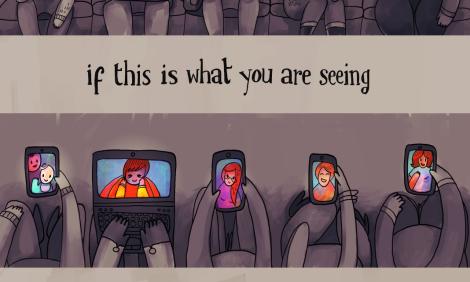
In depth
What school girls in India can teach us about social media
In most Pune schools, the new term is under way. Activities are in full swing and tests have already begun. Students wake up as early as six in the morning and the school day hums along amidst ringing bells and slamming lockers. At the dinner table, a heated WhatsApp conversation ends only when an exasperated parent confiscates the phone. Everyone has at least one selfie on Instagram. Is it time…
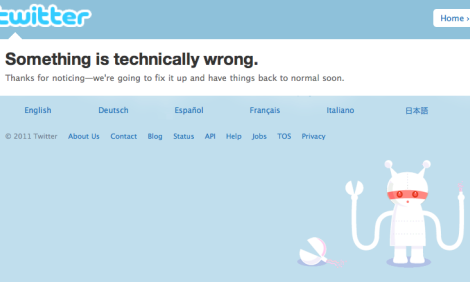
Publication
Looking for evidence of gender inequality in sexual harassment on Twitter
Twitter has been chosen for this study developed by Katharina Jens, a Media and Communication graduate from the London School of Economics and Political Science, because it has become a platform where abuse has become the most visible following the attacks of the women above. This thesis sets out to empirically provide evidence for the inequality produced online, by analysing a snap-shot of the…

Publication
The danger of ICANN’s new Domain Registration Proposal
APC has endorsed the Non Commercial Stakeholder Group (NCSG) comments to the Initial Report on the Privacy and Proxy Services published on May 5th and elaborated by the Privacy/Proxy Services Accreditation Services Issues working group, which will impact all groups and individuals that value the ability to protect their private information online. "If we claim to make efforts towards a safe and…

Publication
HRC29: Joint statement on the importance of encryption and anonymity for people facing discrimination and persecution based on their sexual orientation and gender identity
At the 29th session of the Human Rights Council, APC together with the International Gay and Lesbian Human Rights Commission and the International Lesbian and Gay Association delivered a joint statement highlighting the importance of encryption and anonymity for people who face discrimination and persecution based on their sexual orientation and gender identity.
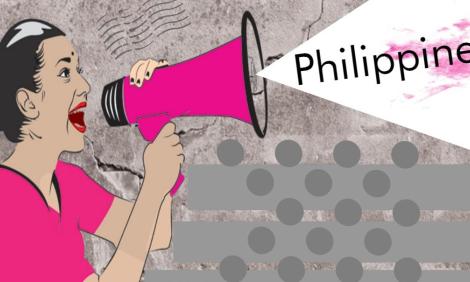
Philippines: Exploring technology-related violence against women and children
We’re back! – with the second in a series of seven mini-editions highlighting APC’s project “End violence: Women’s rights and safety online”. Each edition focuses on one country where we carried out the research, and this time round, we’ll look at the Philippines. Bringing together articles, key findings and an interview with the research team, this edition looks at cases ranging from celebrity…
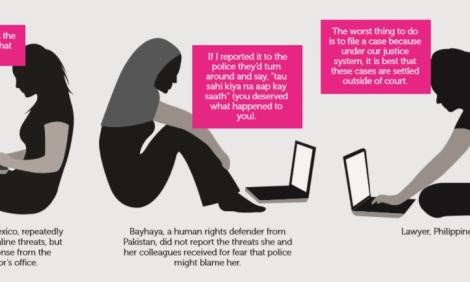
Feminist talk
Twitter lessons learned: WAM!'s report reveals findings that support and enhance APC's research
In late 2014 the Association for Progressive Communications (APC) began publishing findings from our seven-country End Violence research project, which included an analysis of Twitter's reporting procedures. Case studies that involved abuse on Twitter and steps the company could take to improve the safety of their platform. Around the same time, the US organisation Women, Action and the Media (…
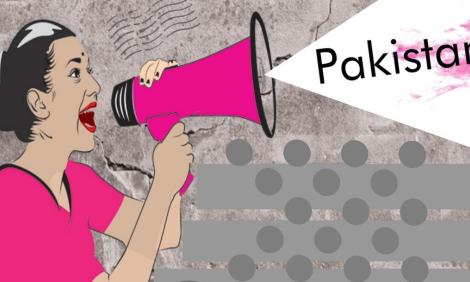
Pakistan: Exploring technology-related violence against women
Welcome to the first in a series of seven mini-editions we’re putting together to highlight the project "End violence: Women’s rights and safety online". Each edition focuses on one country in which the research was conducted, and brings together articles, major findings, and interviews with the research teams. In this edition we look at Pakistan, where religious and cultural controls over women…




